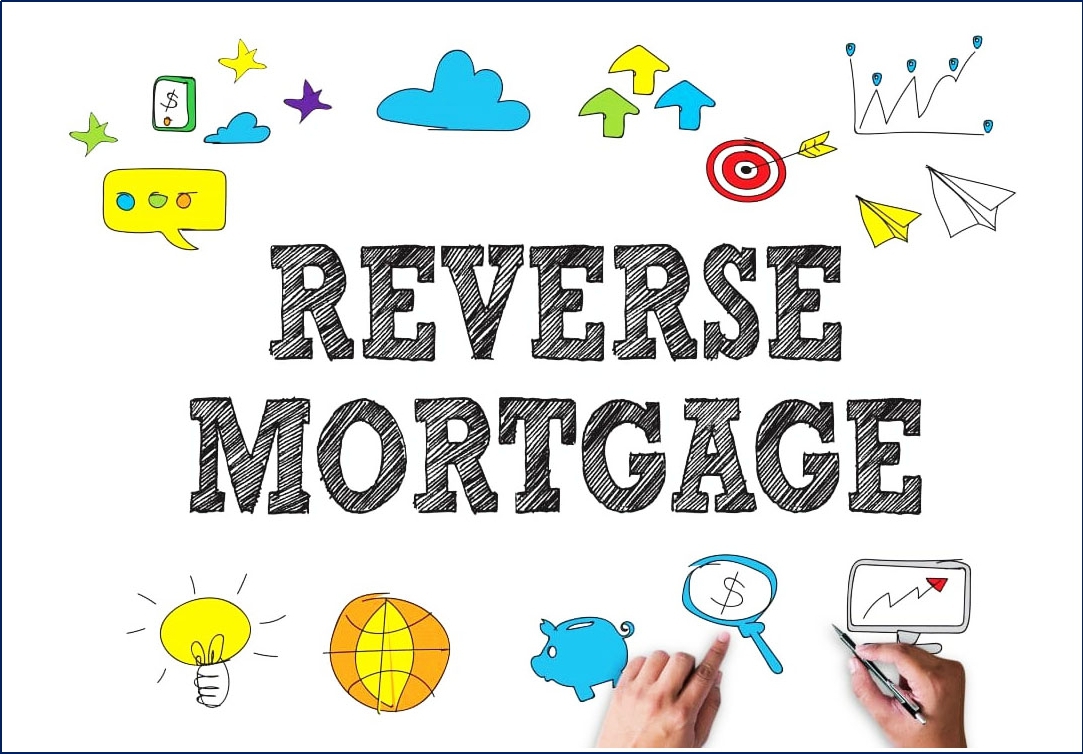Insurance
Reverse Mortgage allows you to borrow cash using your home’s equity. Sometimes it can lack flexibility and lower rates of other types of a loan but you can benefit from this and you can use this loan if you don’t plan to move out of your house and if you are going to leave your house to your heirs.
It is just like a standard mortgage but it uses your home as collateral. There is a difference in these loans like how it was called “reverse”. You first receive money instead of paying money to your lender. Second, your loan grows over time and it is different to shrinking with a monthly payment you’d make on a regular mortgage.
A second mortgage or home equity loan is similar to this, but this reverse mortgage is only for homeowners aged 62 and older. You don’t have to pay back this loan until you moved out or die. But you need to certify that you are still alive in the residence or else the loan will be due.
There are many Reverse Mortgage but the (HECM) Home Equity Conversion Mortgage is better. And it is available through the Federal Housing Administration. HECM is a government type that is why it is less expensive for borrowers and it is also consumer-friendly.
How much can you get?
The money that you will get depends on these two major factors. The equity and the age of the youngest borrower.

If you have more equity in your home, the more money you can get. It is much better if you are a good payer of your loan for many years and your mortgage will be paid off. The FHA limits HECM mortgage to $726,525 as of 2019 or the value of your home.
If your age is younger, the less money you can get from this. Older borrowers can have more money. You should be very careful if you want to consider somebody younger for a higher payout because a younger spouse will have to move out when the older borrower died if the younger person is not included on the loan.
You can try the National Reverse Mortgage calculator if you want to know how much you can get. But it will still differ from the assumptions used and the actual rate and fees charged by your lenders.
How to receive loan payments?
There are many options but if you want to take all the money at once you can use in a lump sum. When you choose this option, your loan has a fixed interest rate and your loan balance grows over time because of the interest. You can also choose monthly payments like that of a pension. These payments are called “tenure payments” and last for your entire life or “term payments when it is for a set period of time like 10 years. If you live long, it is possible that you and your lender can have more money with lifetime payments.
There is also another option, “line of credit” rather than taking the cash immediately. You can just use it if you need them. And you only pay interest on the money you borrowed and your credit line can grow over time.
You can also use both. Example of this is you can take a small lump sum and keep a line of credit to use in the future.
Reverse Mortgage Interest and Fees
Just like other loans, there are interest rate and fees for you to get a reverse mortgage. You might be shocked when you see the amount of the interest into your monthly income from a reverse mortgage. It can be as much as $30 a month for fixed loans or $35 for loans that are adjustable on HECM as of the end of 2018. It is absolutely worth it for the lowest fee lender.
Home finance is often used and built into your loan. You don’t need to write a check to feel those costs, but you are still paying them plus their interests.
Fees help reduced the amount of equity left in your home and it is less for your estate or for you if you want to sell the home and pay off the loan. It is much better if you pay the interest and fees by your means if you have money available than paying it for so many years.
Common Reverse Mortgage Costs
You are to pay many of the same closing costs that are required for a home purchase or refinance. HECM costs can be used in your loan but some of this is beyond in control. Others can be managed and compared.
Repaying the loan
Due starts when the borrower permanently moves out of the home, for example, is death or when you like to sell the house. But, if you failed to meet the terms of your agreement such as if you don’t pay your property taxes, reverse mortgages can also be due. Homeowners should properly keep up with the extra costs like property insurance, and taxes. You should pay your total debt and interest on time to avoid the growth of the debt.
Pros and Cons
Foreclosure is one of the cons if you don’t pay. You should be sure that you are also paying your home’s associated expenses. Foreclosure is possible if you are not paying your taxes and insurance. Another thing is that your debt will increase as time goes by and interests increase too.
But on the other side of this is revere mortgages can provide money for anything you want to use the money for. As long as you are approved to this loan, you can use funds and remove the stress in paying your bills in your retirement or even living a life you’ve always wanted in your golden years.
Cover Photo Credits: ReverseMortgage.com

